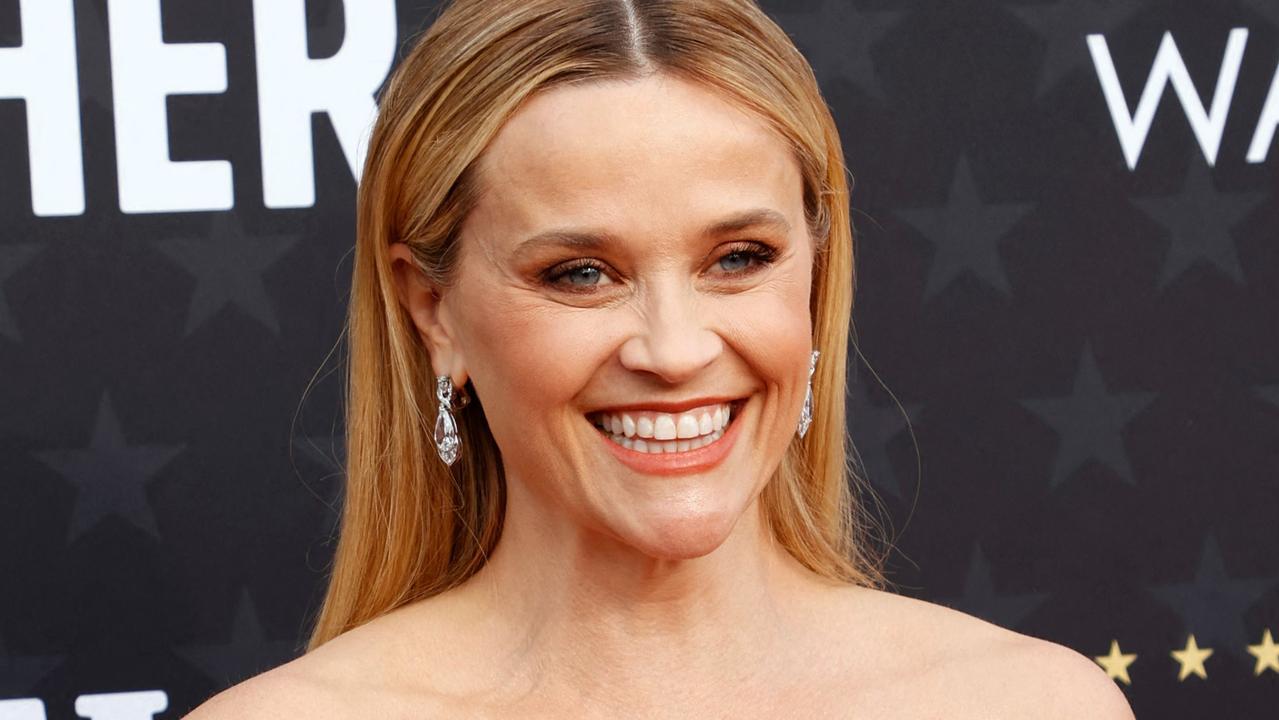Greta Lee on the exposing experience of making Past Lives
Greta Lee felt so exposed making Past Lives, she said she would rather have been fully nude than to show “these versions” of herself.
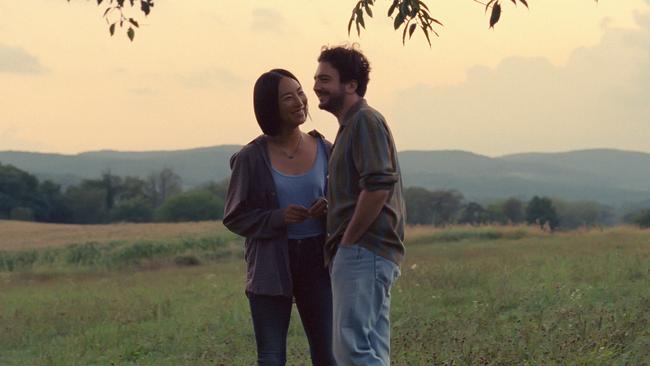
New Movies
Don't miss out on the headlines from New Movies. Followed categories will be added to My News.
When Greta Lee read Celine Song’s script for Past Lives, she was “completely gutted”.
“It sounds dramatic, but it felt like the kind of script that I’d been waiting for my whole life. It was not a casual experience in any way, I was crying, I was astounded. It was a sneak attack,” Lee told news.com.au.
“And then I didn’t get the part.”
It’s astonishing to think there could’ve been a version of Past Lives that didn’t feature Lee as Nora, the confidently cool protagonist of Song’s moving and graceful film about lost love and our former selves.
Past Lives was the hit of Sundance earlier this year and is currently playing at Sydney Film Festival, and will also have a berth at the Melbourne International Film Festival before its general release in late August.
The movie is centred on Nora, a thirtysomething New York writer who spent the first 12 years of her life in Seoul, before migrating to Canada and then eventually to the US. Before she left South Korea, she had a childhood crush named Hae Sung (Teo Yoo), someone intrinsically tied to a life and self she left behind.
As adults, Nora and Hae Sung reconnect when he visits New York to see her, except now she’s married to a white American man, Arthur (John Magaro).
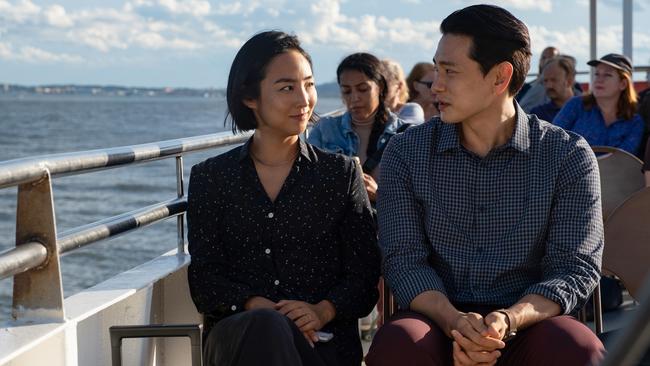
But rather than a dramatic love triangle, the romance is just the framework filmmaker Song uses to explore something deeper and more interesting about how we perceive and experience our lives.
“It’s this other thing that emerges out of what could’ve been just a conventional love story, and I think that’s the thing that stays with you,” Lee said.
Lee embodies Nora with subtle elegance in an understated and mature performance that’s a step outside of the largely comedic or heightened roles she’s known for, including Girls, Russian Doll and Morning Wars.
After losing the part the first time – “after so many years, you really learn to let go, it’s a survival tactic” – Lee was surprised when a year later she was asked to Zoom with Song.
She couldn’t believe it had come back around. One video call, an “intimate” conversation and two scene reads later, she was offered the role on the spot.
“I have all these selfies of myself screaming and crying,” Lee recalled.
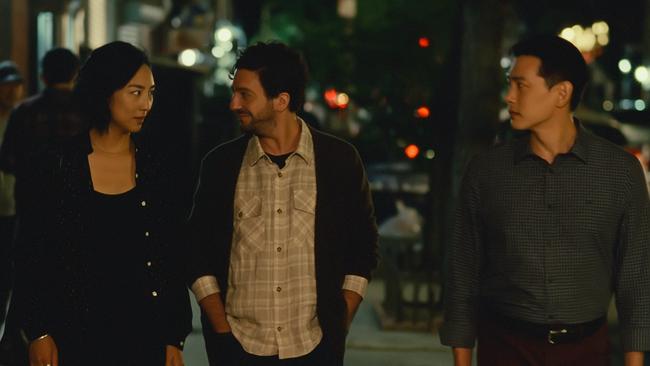
Lee was born in Los Angeles to parents who had immigrated from Korea, and like Nora, her first language was Korean. But her experience is different from the character she plays.
“That being said, it was one of the first times I could see a character that was fleshed out in such a way in terms of cultural specificity, and showing, in a brazen yet quiet way, what it is to be an American who’s Asian and living her life.
“It was done in such an exquisitely delicate way, where it wasn’t in service of anything. It wasn’t political and it wasn’t serving any sort of gaze or making a palatable explanation of identity.”
Because of that specificity, and her cultural connection to the character and the project, Lee had never felt so exposed by her work. She said that the first time she saw the finished film, she asked Song if they could not share Past Lives with the whole world.
It was in jest, of course, but it hinted at how affecting making Past Lives was for her.
“Ohmigod, I felt so naked,” she explained. “While I was filming, I joked, ‘I would rather be fully nude than to exist as this version, to show these parts of myself.’
“It’s acting and I’m playing a character but it’s showing her Korean-ness in a way that I’ve been subconsciously tucking away and keeping private for myself in order to live my life as an American within certain institutions and biases.
“To put that on full display, it was agonising. I learnt so much of the painful truth of what my existence is and has been, in telling this story.”
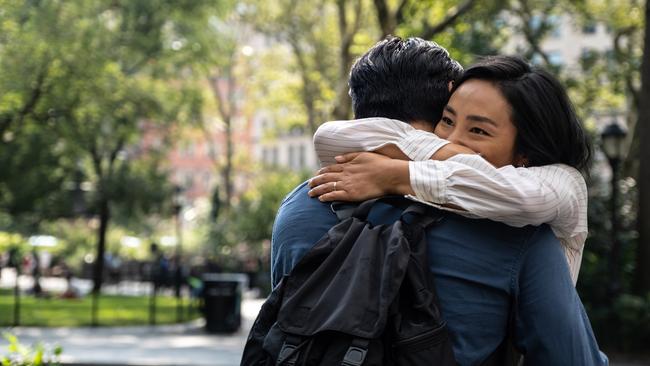
There’s a moment in Past Lives in which Nora has to say goodbye to this childhood version of herself she had been holding onto as a “what if”, an unanswered question she’s finally ready to let go.
The emotional process of playing through that scene hit Lee in a series of parallels. She said she experienced a “certain heartbreak similar to Nora”. For Lee, it was a reckoning, a confrontation with herself over the parts of her own identity.
“At the end of this, I felt like I was saying goodbye to certain elements of myself. Because the reality is, I don’t speak that much Korean in my day-to-day, even though I’m fluent, even though that was my birth language. That’s the truth of it.
“And realising that is part of my identity, that for myriad reasons it isn’t something that’s front and centre, was hard and heartbreaking to reconcile.”
That Past Lives has so many layers it explores with incredible nuance is why the film is shaping up to be one of the most acclaimed releases so far this year.
Taken at surface level, a movie about a woman torn between an old flame and her husband could’ve been a very different, very melodramatic and very predictable proposition.
But Song’s movie is nothing like what you expect.
Lee said, “It’s mostly a story about decent people doing their very best to behave decently towards each other. And that uncovered so many larger ideas about what is love, what is the human condition?
“And how do we cope with his fact that life is relatively short, and we only really get this one at it, as far as we know.”
Past Lives is screening at the Sydney Film Festival, is part of the line-up of the Melbourne International Film Festival, and will be released in cinemas widely on August 31
Originally published as Greta Lee on the exposing experience of making Past Lives




